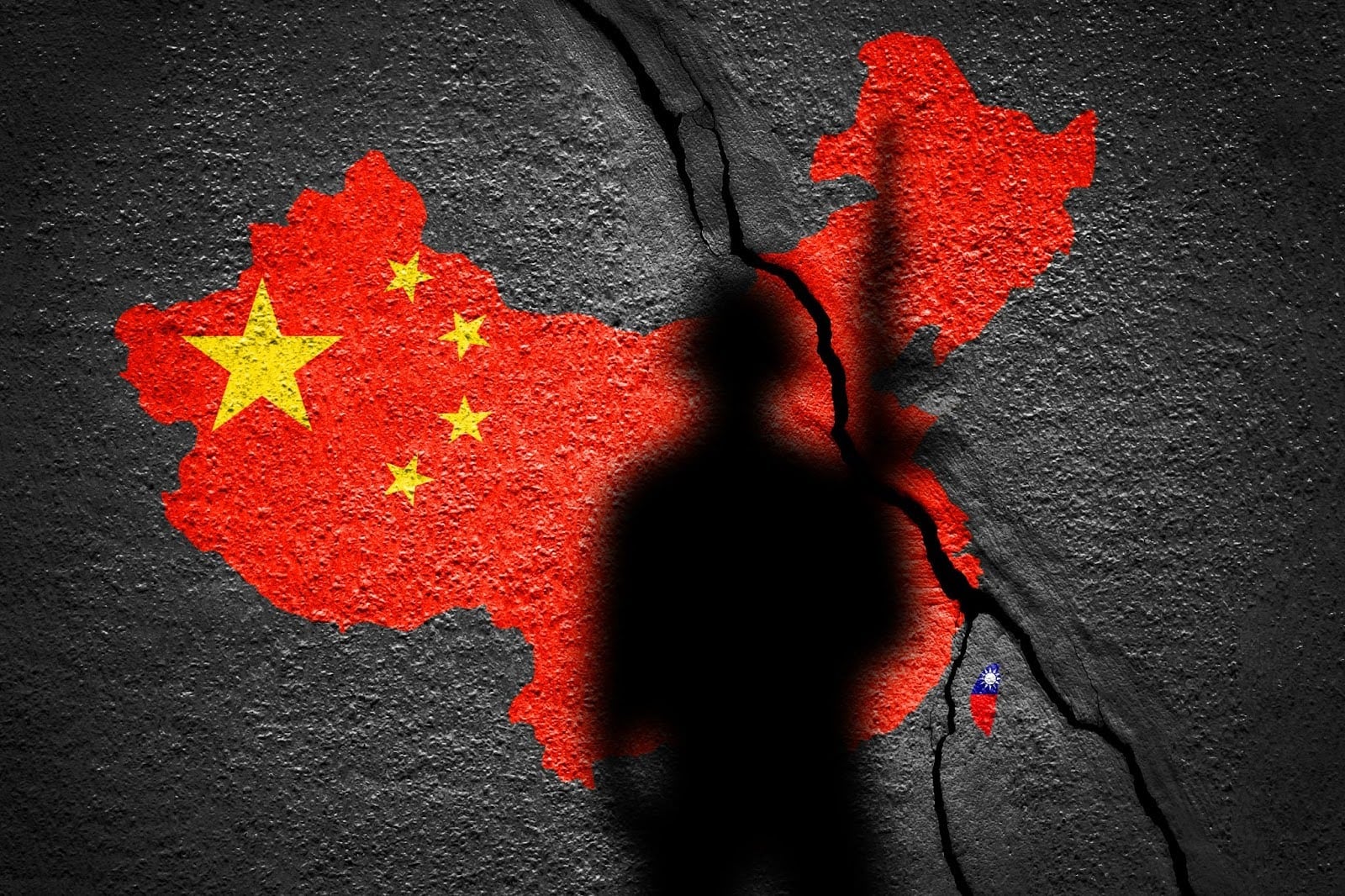In Taiwan’s January 13 elections, the ruling Democratic Progressive Party (DPP), advocating for independence, clinched an extraordinary third consecutive presidential term amidst heightened tensions between the US and China. However, the party faced challenges in the simultaneous legislative elections, resulting in a split parliament that poses obstacles for the incoming president.
The election served as a significant gauge of Taipei’s stance towards mainland China and its political trajectory. Under President Xi Jinping, China has reiterated its commitment to reunify Taiwan with the People’s Republic, challenging Taiwan’s de facto independence. Escalating military tensions in recent years underscore China’s intensified pressure on Taiwan.
In our latest White Paper, Taiwan’s New Government: The Tests Ahead, we look at how the recent elections affect Taiwan’s domestic political and economic prospects and its relations with China, given Beijing’s longstanding hostility to the DPP. We also consider Taiwan’s approach to the United States, the impact of the election on US-China ties, and Taiwan’s policy outlook as Asia’s sixth-largest economy and a global leader in semiconductor manufacturing.


